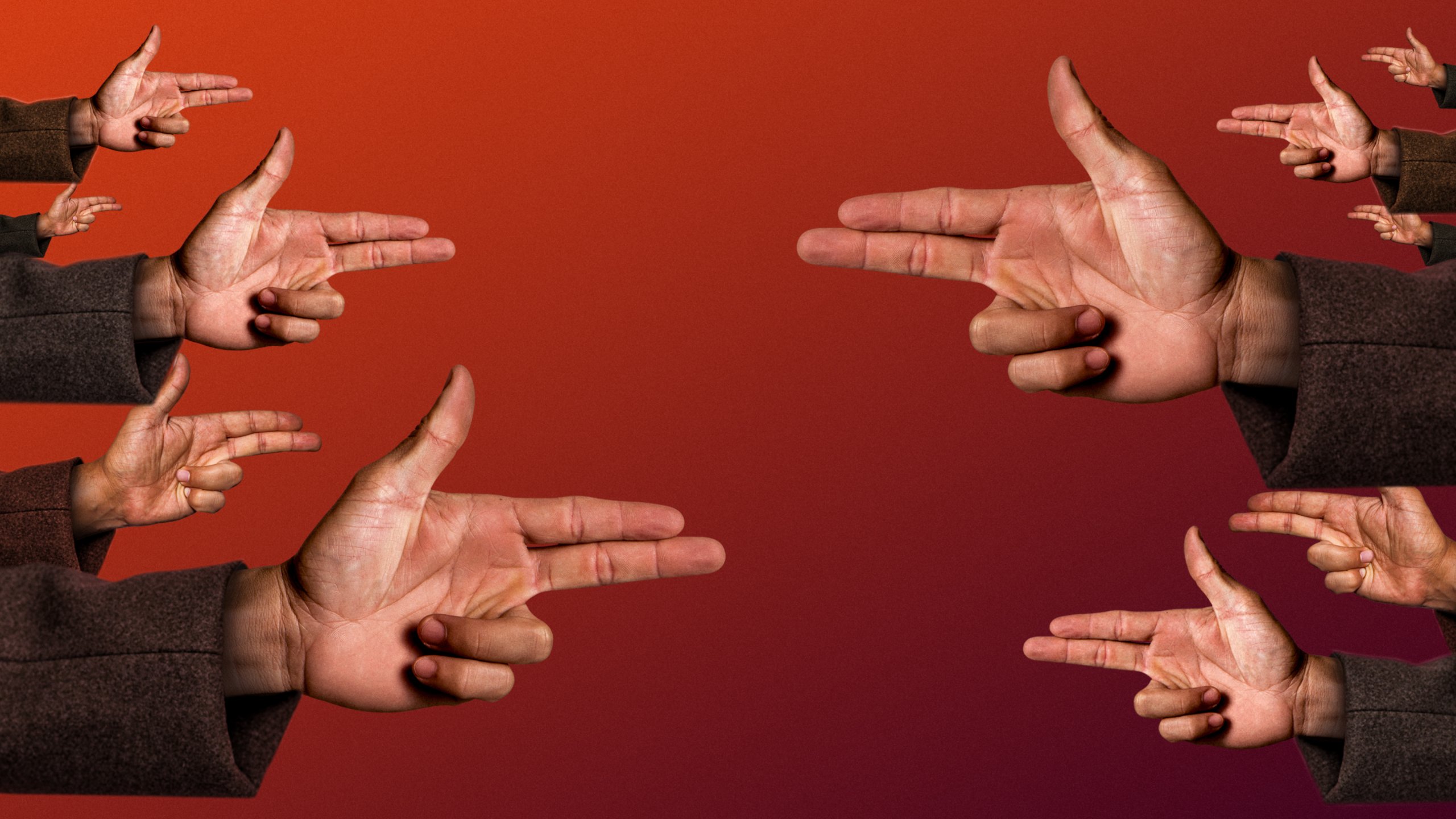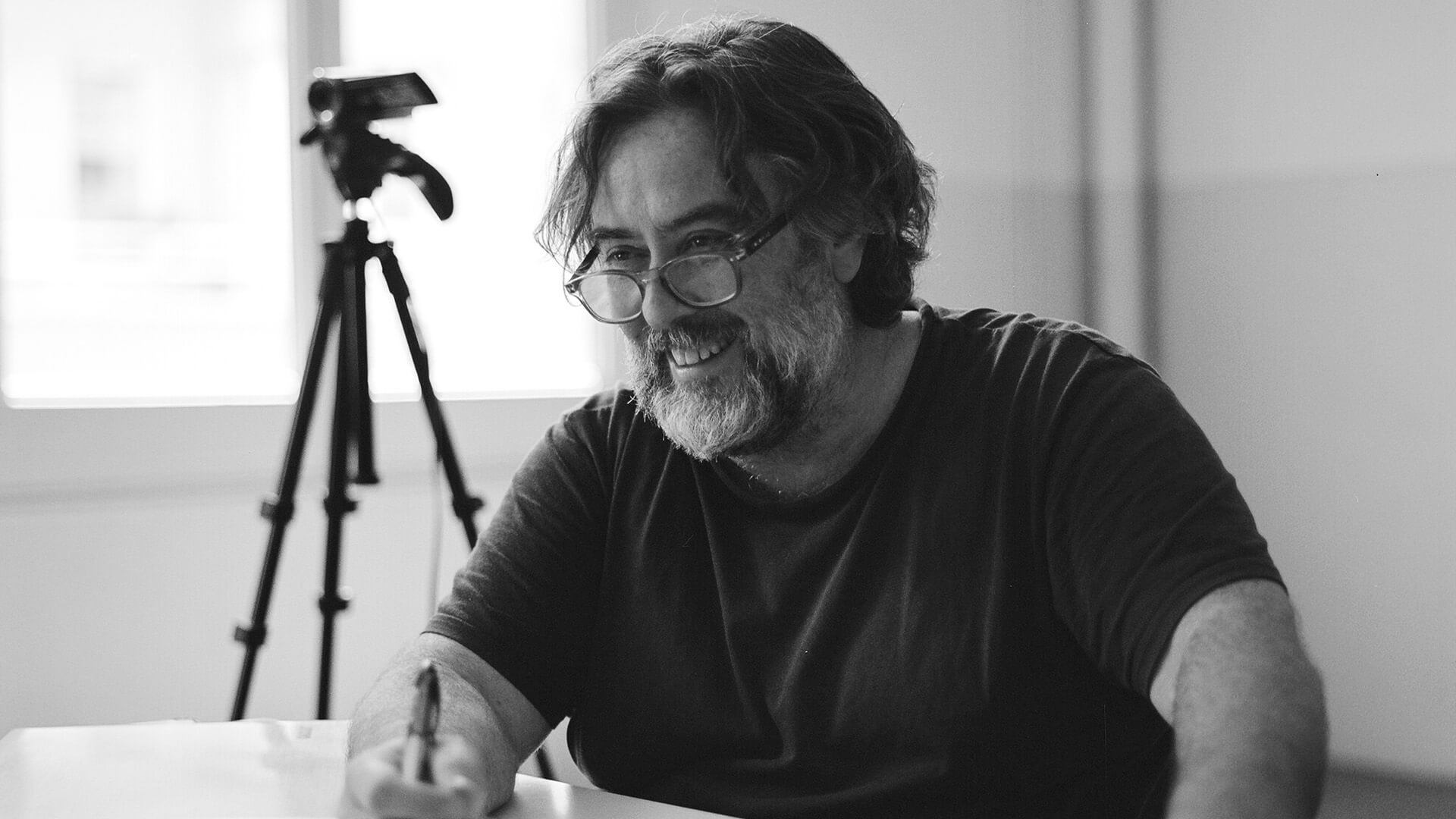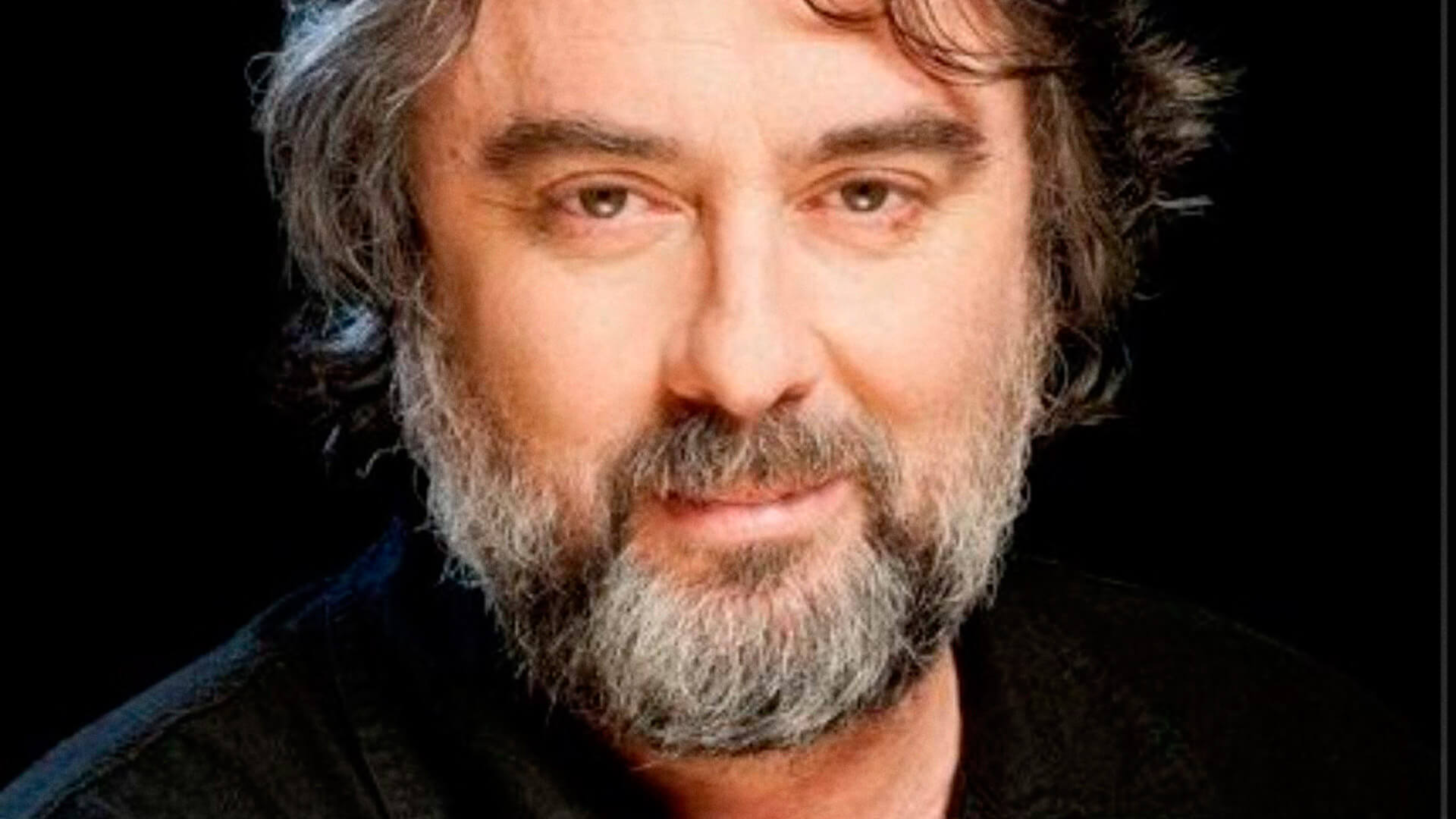Text
Albert Boronat, Juan Cavestany, Andrés Lima and Juan Mayorga
Playwriting
Albert Boronat and Andrés Lima
Directing
Andrés Lima
Cast
Antonio Durán “Morris”, Alba Flores, Natalia Hernández, María Morales, Paco Ochoa, Blanca Portillo, Guillermo Toledo, Juan Vinuesa and the Youth Choir Association of Madrid
Set design and wardrobe
Beatriz San Juan
Lighting
Pedro Yagüe
Musical composition
Jaume Manresa
Sound designer
Kike Mingo
Assistant director
Laura Ortega
Video Creation
Miguel Ángel Raió
Characterisation
Cécile Kretschmar
Producer
Joseba Gil
Producer
Centro Dramático Nacional, Check in Producciones and El Terrat.




